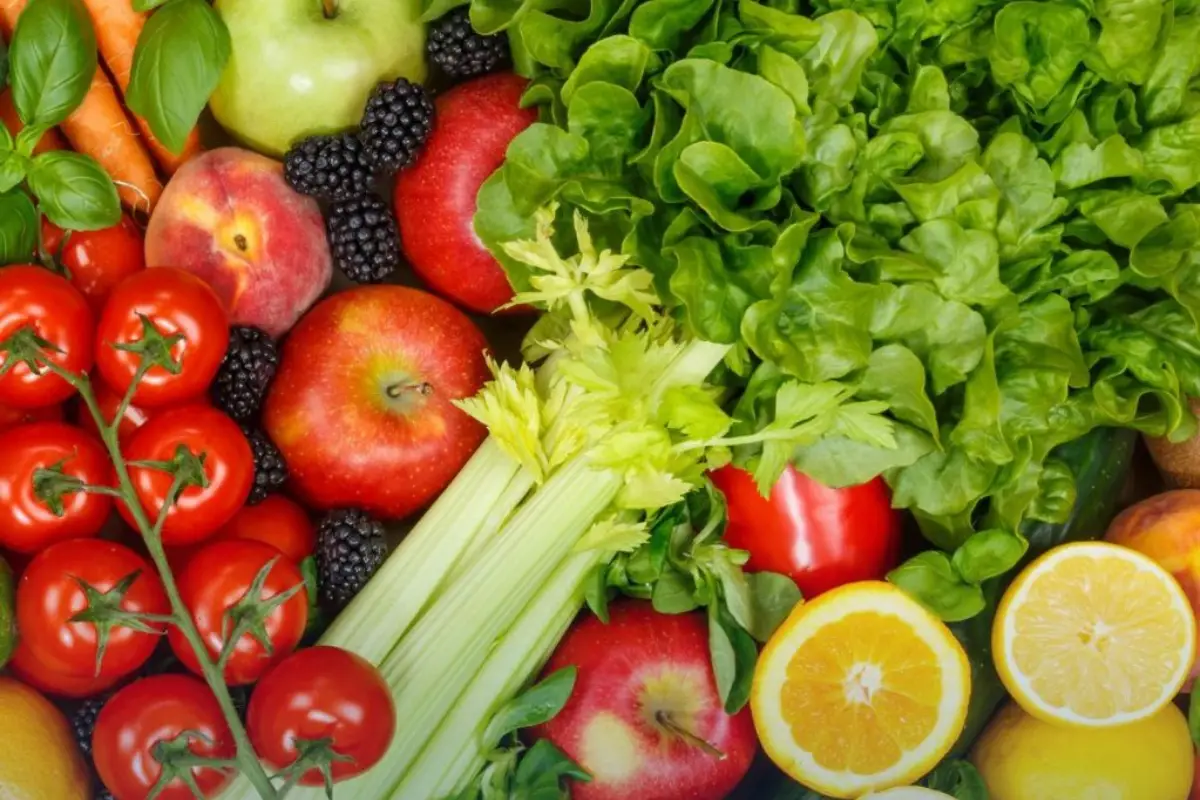
UK relaxes border controls for vegetables from EU
Border bureaucracy relief for fruit and vegetable imports extended to Jan. 31, 2027

The British government said it intends to eliminate border controls for fruit and vegetable imports from the EU. According to the executive's statement, post-Brexit border controls on "medium-risk" fruits and vegetables, including tomatoes, grapes, plums, and peppers, imported from the EU will not be enforced as had been planned, starting July 1, 2025: the easing of controls, in fact, has been extended to January 31, 2027, allowing for a wider timeframe before the customs clampdown takes effect.
In the short term, the official statement explains, companies will be able to continue to import medium-risk fruits and vegetables from the EU without the products being subject to import controls or being charged for them. The decision is part of London's efforts to "cut excessive red tape" and reduce fees for traders engaged in exporting and importing from the bloc.According to the government, the changes are intended to "strengthen" supply chains and reduce costs for both businesses and consumers.
The decision comes ahead of a new sanitary and phytosanitary (SPS) agreement between the two markets.Last April, in fact, the UK and EU signaled plans for a new SPS agreement as part of a new, broader trade relationship. According to the government, traders will have to continue to follow the UK's Border Target Operating Model (BTOM) until the SPS agreement comes into effect: "risk-based surveillance" will continue to manage biosecurity risks.
The UK said that under the future SPS agreement with the EU, the elimination of routine controls on food imports and exports should reduce costs and ease pressure on food prices. Fpc, the U.K. trade association Fresh Produce Consortium welcomed the move, saying it saves the industry "700,000 shipments a year subject to U.K. SPS border controls and avoids an additional cost of £ 200 million ($ 270.2 million)".
"This is -emphasizes FPC Director General Nigel Jenney- a unique and industry-specific exemption that we fought long and hard for. We are proud to have achieved a common-sense solution that protects our diverse and critical industry, from supermarket chains to thousands of wholesale and foodservice SMEs".
"This government's agreement with the EU will make food cheaper, reduce red tape and eliminate cumbersome border controls for businesses- said UK Biosecurity Minister Baroness Hayman of Ullock-. Protecting the UK's biosecurity remains a government priority and risk-based surveillance will continue to manage the biosecurity risks of these products. Defra will continue to work with the Animal and Plant Health Agency and border checkpoint operators to maintain UK biosecurity by minimizing disruption to the flow of goods".
EFA News - European Food Agency